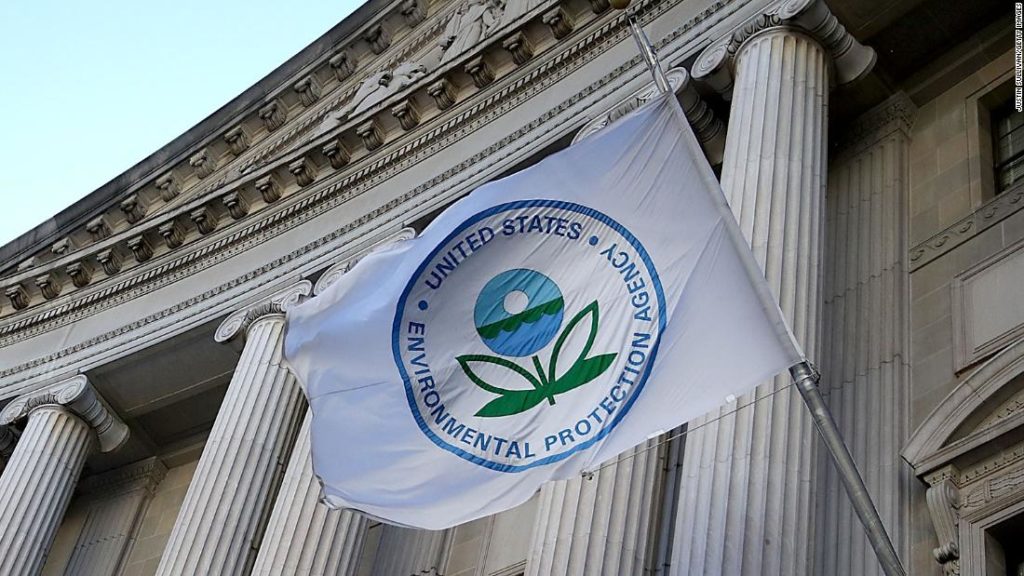U.S. EPA Begins Work To Set Up $27 Billion Green Bank

- The Greenhouse Gas Reduction Fund will provide grants to disadvantaged communities to deploy low or zero-emissions projects
- Fund was established by the passage of the Inflation Reduction Act
- Capital will have a direct impact on energy efficiency programs, solar programs and programs that will reduce pollution and create jobs
The Environmental Protection Agency (EPA) on Friday began the process of designing a $27 billion green bank that will offer grants to disadvantaged communities around the United States to deploy low- or zero-emissions projects.
The Greenhouse Gas Reduction Fund is part of the administration’s broader effort to combat climate change and environmental injustice.
“It’s exciting to know that we are creating a program that will infuse billions of dollars of capital into local communities that will have a direct impact on energy efficiency programs, community solar programs or programs that they know will reduce pollution and create jobs,” EPA Administrator Michael Regan told Reuters on Friday in an interview.
He added that the fund, established by the passage of the Inflation Reduction Act, would be “transformational” and infuse capital in parts of the country that have not been able to attract clean energy and transportation investments.
See related article: EPA Launches New Online Tools to Provide Communities with Information on Environmental Enforcement and Compliance

The EPA, which will oversee the fund, has begun to seek public input on the fund’s design and implementation and launched a national listening session, including community finance institutions, labor, local governments and others for how to best structure the program.
The climate provisions in the IRA will unlock over $362 billion in spending on climate-related investments, including the fund.
The fund was proposed as a way to scale up the model of roughly two dozen green banks located across the United States in places such as the state of Michigan and Montgomery County, Maryland, that invest in community programs like residential solar or efficient heat pump installation, or electric vehicle charger installation.
Source: Reuters












